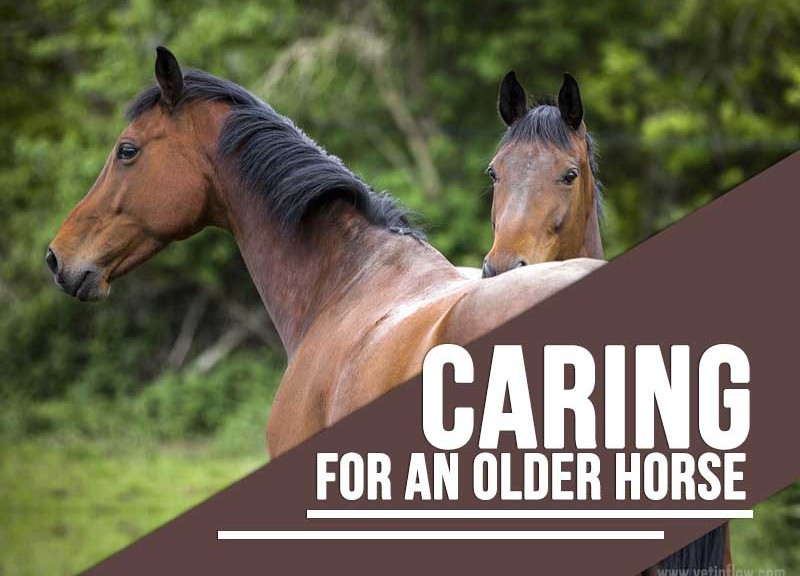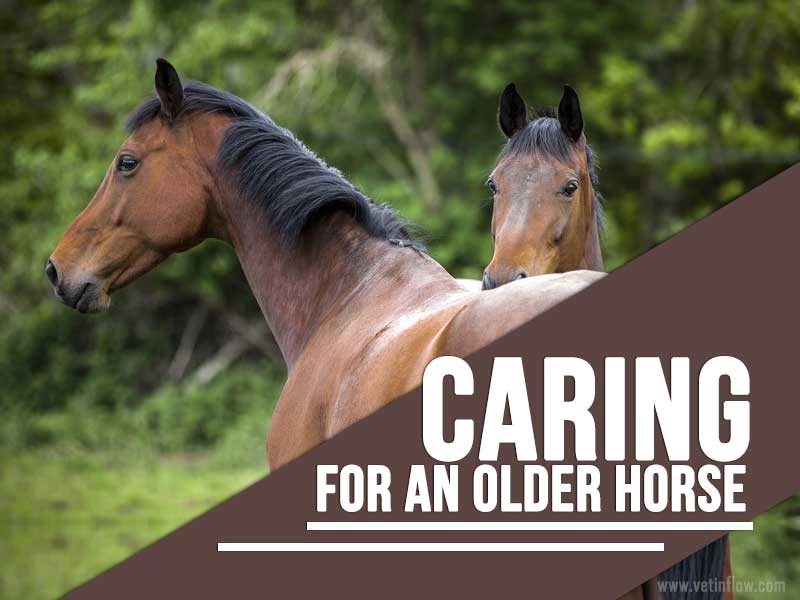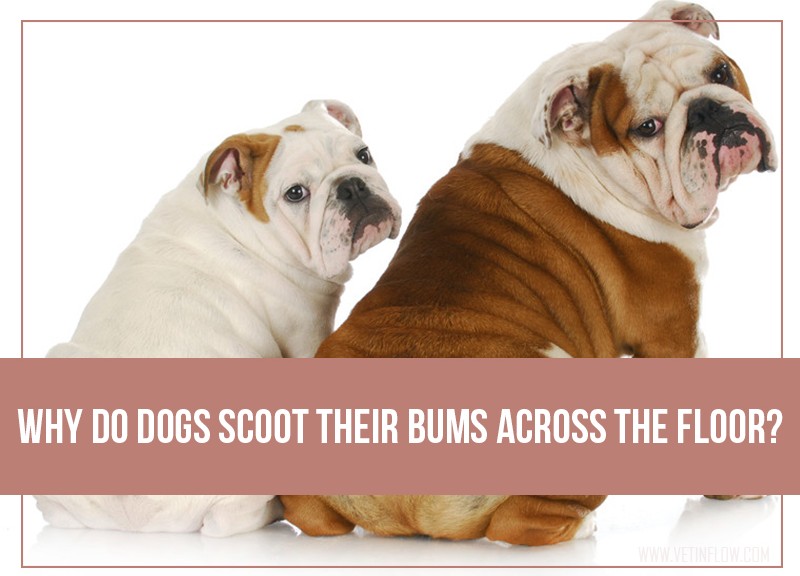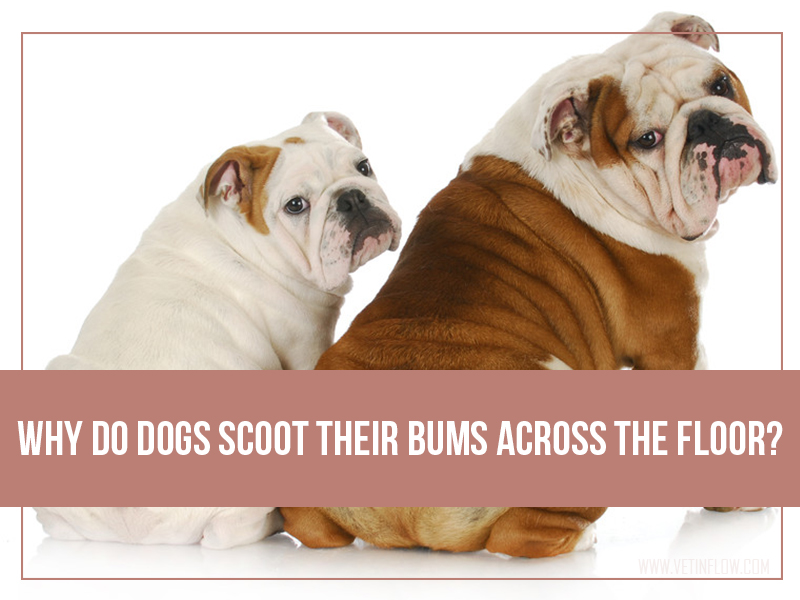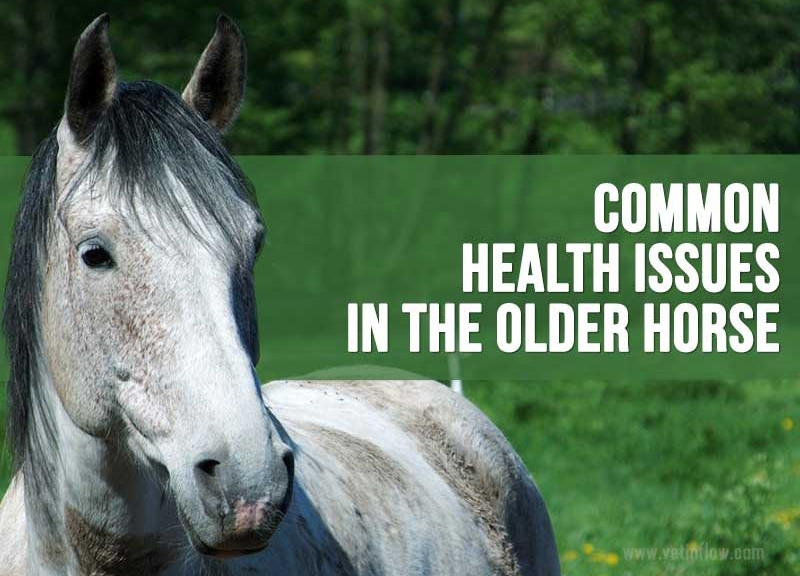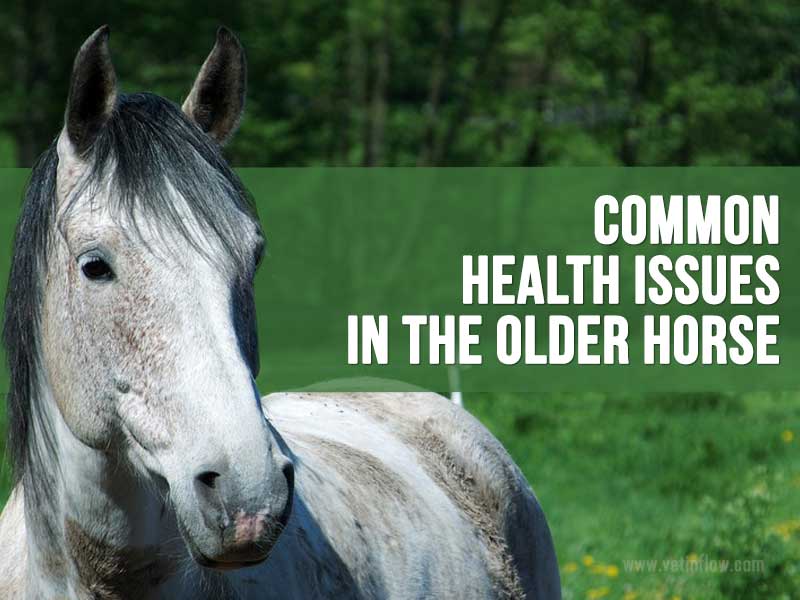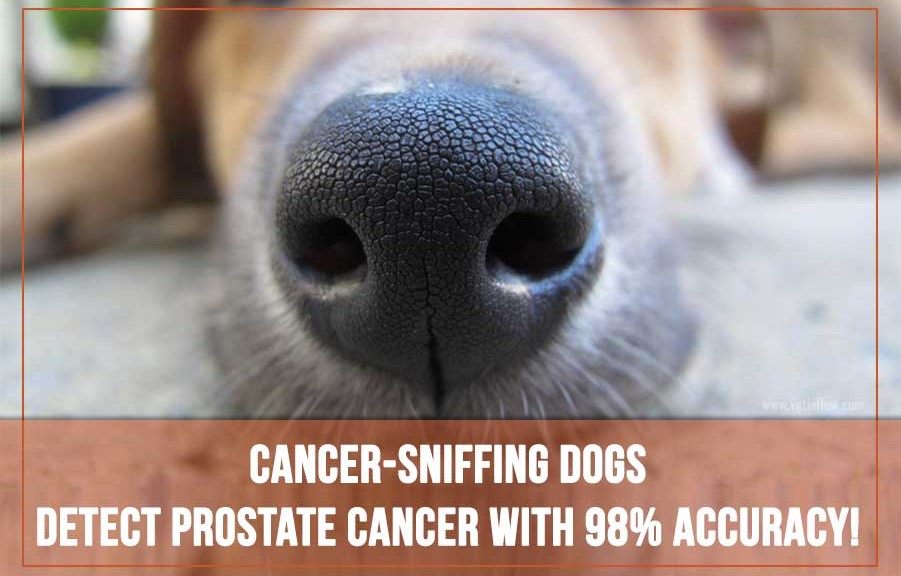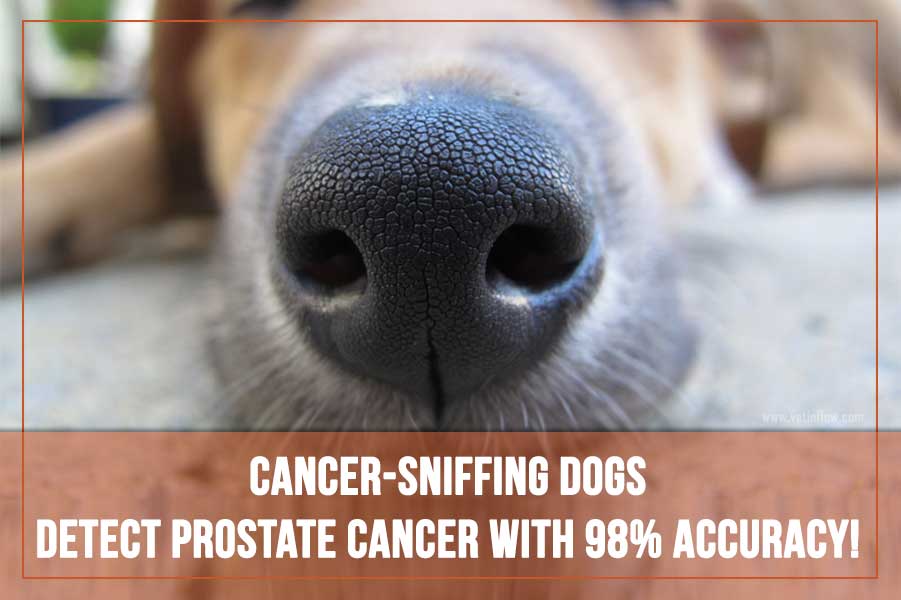Horses, just like other domesticated animals and like us humans, are living longer. Not only their lifespan is increasing but also it is not uncommon for senior horses to enjoy productive lives well into their 20s.
Caring for a horse is a daily responsibility and all horses require basic routine care. As they age their needs change and additional care may be required to keep them as healthy as possible.
The most important areas to consider when caring for an older horse are:
- Adequate shelter – Always make sure you provide adequate shelter and warm stabling in the winter. This is particularly important for arthritic horses.
- Routine worming and vaccination – older horses often have lowered immunity, which means they will be less able to fight disease. They should be kept fully protected against equine influenza, against tetanus and regular worm counts should be performed to make sure your worming program is effective.
- Regular and adequate exercise – exercise is essential to a horse’s gut health, it will help maintain muscle tone, flexibility, mobility and it is very important for horses suffering from arthritis.
- Care for your horse’s feet – have your horse’s feet checked, trimmed and cleaned regularly. This will ensure that the foot remains balanced and healthy.
- Diet – as horses get older their digestive system becomes less efficient, which is why it is essential to adapt a horse’s diet. In general it should be high in energy, with easily digestible protein, high quality fibre, essential vitamins and minerals, palatable, easy to chew and easy to digest.
An adequate diet must also take in consideration other factors such as your horse’s physical condition, teeth problems and any possible occurring diseases such asliver or kidney disease, or Equine Cushings Syndrome. It may be necessary to feed them a specialist diet.
Being underweight is common in older horses and many horse owners accept this as being normal. However, being underweight is not normal and it is often due to a combination of problems (inadequate diet, dental issues, parasites, metabolic changes, etc.).
Please remember that sudden changes in your horse’s feeding habits can disrupt its digestive system. All changes should be introduced gradually.
- Health checks – elderly horses should visit the vet and have their teeth checked twice a year. Frequent health checks are the best way to catch and act on any developing problems early.
Proper care and good management will allow your senior horse to live a long, healthy, productive and very happy life!
Would you like to know more about horses? Check our Equine Courses:
